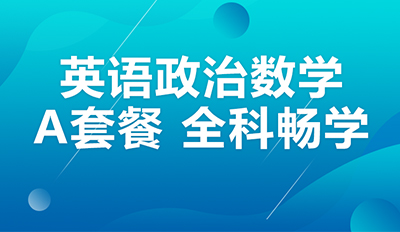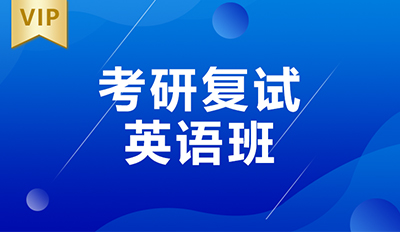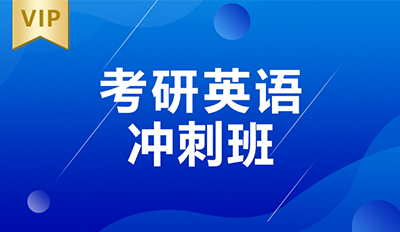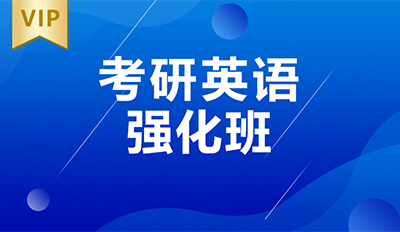
新航道好轻松考研英语在考试过后为大家发布考研英语真题及答案,为2021年考研做准备,为广大考生提供专业服务。
Text 2
A new survey by Harvard University finds more than two-thirds of young Americans disapprove of President Trump’s use of Twitter. The implication is that Millennials prefer news from the White House to be filtered through other source, Not a president’s social media platform.
Most Americans rely on social media to check daily headlines. Yet as distrust has risen toward all media, people may be starting to beef up their media literacy skills. Such a trend is badly needed. During the 2016 presidential campaign, nearly a quarter of web content shared by Twitter users in the politically critical state of Michigan was fake news, according to the University of Oxford. And a survey conducted for BuzzFeed News found 44 percent of Facebook users rarely or never trust news from the media giant.
Young people who are digital natives are indeed becoming more skillful at separating fact from fiction in cyberspace. A Knight Foundation focus-group survey of young people between ages 14and24 found they use “distributed trust” to verify stories. They cross-check sources and prefer news from different perspectives—especially those that are open about any bias. “Many young people assume a great deal of personal responsibility for educating themselves and actively seeking out opposing viewpoints,” the survey concluded.
Such active research can have another effect. A 2014 survey conducted in Australia, Britain, and the United States by the University of Wisconsin-Madison found that young people’s reliance on social media led to greater political engagement.
Social media allows users to experience news events more intimately and immediately while also permitting them to re-share news as a projection of their values and interests. This forces users to be more conscious of their role in passing along information. A survey by Barna research group found the top reason given by Americans for the fake news phenomenon is “reader error,” more so than made-up stories or factual mistakes in reporting. About a third say the problem of fake news lies in “misinterpretation or exaggeration of actual news” via social media. In other words, the choice to share news on social media may be the heart of the issue. “This indicates there is a real personal responsibility in counteracting this problem,” says Roxanne Stone, editor in chief at Barna Group.
So when young people are critical of an over-tweeting president, they reveal a mental discipline in thinking skills – and in their choices on when to share on social media.
26. According to the Paragraphs 1 and 2, many young Americans cast doubts on
[A] the justification of the news-filtering practice.
[B] people’s preference for social media platforms.
[C] the administrations ability to handle information.
[D] social media was a reliable source of news.
27. The phrase “beer up”(Line 2, Para. 2) is closest in meaning to
[A] sharpen
[B] define
[C] boast
[D] share
28. According to the knight foundation survey, young people
[A] tend to voice their opinions in cyberspace.
[B] verify news by referring to diverse resources.
[C] have s strong sense of responsibility.
[D] like to exchange views on “distributed trust”
29. The Barna survey found that a main cause for the fake news problem is
[A] readers outdated values.
[B] journalists’ biased reporting
[C] readers’ misinterpretation
[D] journalists’ made-up stories.
30. Which of the following would be the best title for the text?
[A] A Rise in Critical Skills for Sharing News Online
[B] A Counteraction Against the Over-tweeting Trend
[C] The Accumulation of Mutual Trust on Social Media.
[D] The Platforms for Projection of Personal Interests.
Text 3
Any fair-minded assessment of the dangers of the deal between Britain's National Health Service (NHS) and DeepMind must start by acknowledging that both sides mean well. DeepMind is one of the leading artificial intelligence (AI) companies in the world. The potential of this work applied to healthcare is very great, but it could also lead to further concentration of power in the tech giants. It Is against that background that the information commissioner, Elizabeth Denham, has issued her damning verdict against the Royal Free hospital trust under the NHS, which handed over to DeepMind the records of 1.6 million patients In 2015 on the basis of a vague agreement which took far too little account of the patients' rights and their expectations of privacy.
DeepMind has almost apologized. The NHS trust has mended its ways. Further arrangements- and there may be many-between the NHS and DeepMind will be carefully scrutinised to ensure that all necessary permissions have been asked of patients and all unnecessary data has been cleaned. There are lessons about informed patient consent to learn. But privacy is not the only angle in this case and not even the most important. Ms Denham chose to concentrate the blame on the NHS trust, since under existing law it “controlled” the data and DeepMind merely “processed" it. But this distinction misses the point that it is processing and aggregation, not the mere possession of bits, that gives the data value.
The great question is who should benefit from the analysis of all the data that our lives now generate. Privacy law builds on the concept of damage to an individual from identifiable knowledge about them. That misses the way the surveillance economy works. The data of an individual there gains its value only when it is compared with the data of countless millions more.
The use of privacy law to curb the tech giants in this instance feels slightly maladapted. This practice does not address the real worry. It is not enough to say that the algorithms DeepMind develops will benefit patients and save lives. What matters is that they will belong to a private monopoly which developed them using public resources. If software promises to save lives on the scale that dugs now can, big data may be expected to behave as a big pharm has done. We are still at the beginning of this revolution and small choices now may turn out to have gigantic consequences later. A long struggle will be needed to avoid a future of digital feudalism. Ms Denham's report is a welcome start.
31.Wha is true of the agreement between the NHS and DeepMind ?
[A] It caused conflicts among tech giants.
[B] It failed to pay due attention to patient’s rights.
[C] It fell short of the latter's expectations
[D] It put both sides into a dangerous situation.
32. The NHS trust responded to Denham's verdict with
[A] empty promises.
[B] tough resistance.
[C] necessary adjustments.
[D] sincere apologies.
33.The author argues in Paragraph 2 that
[A] privacy protection must be secured at all costs.
[B] leaking patients' data is worse than selling it.
[C] making profits from patients' data is illegal.
[D] the value of data comes from the processing of it
34.According to the last paragraph, the real worry arising from this deal is
[A] the vicious rivalry among big pharmas.
[B] the ineffective enforcement of privacy law.
[C] the uncontrolled use of new software.
[D] the monopoly of big data by tech giants.
35.The author's attitude toward the application of AI to healthcare is
[A] ambiguous.
[B] cautious.
[C] appreciative.
[D] contemptuous.






